Home>Articles>What Is The Best Insulation For A Metal Building
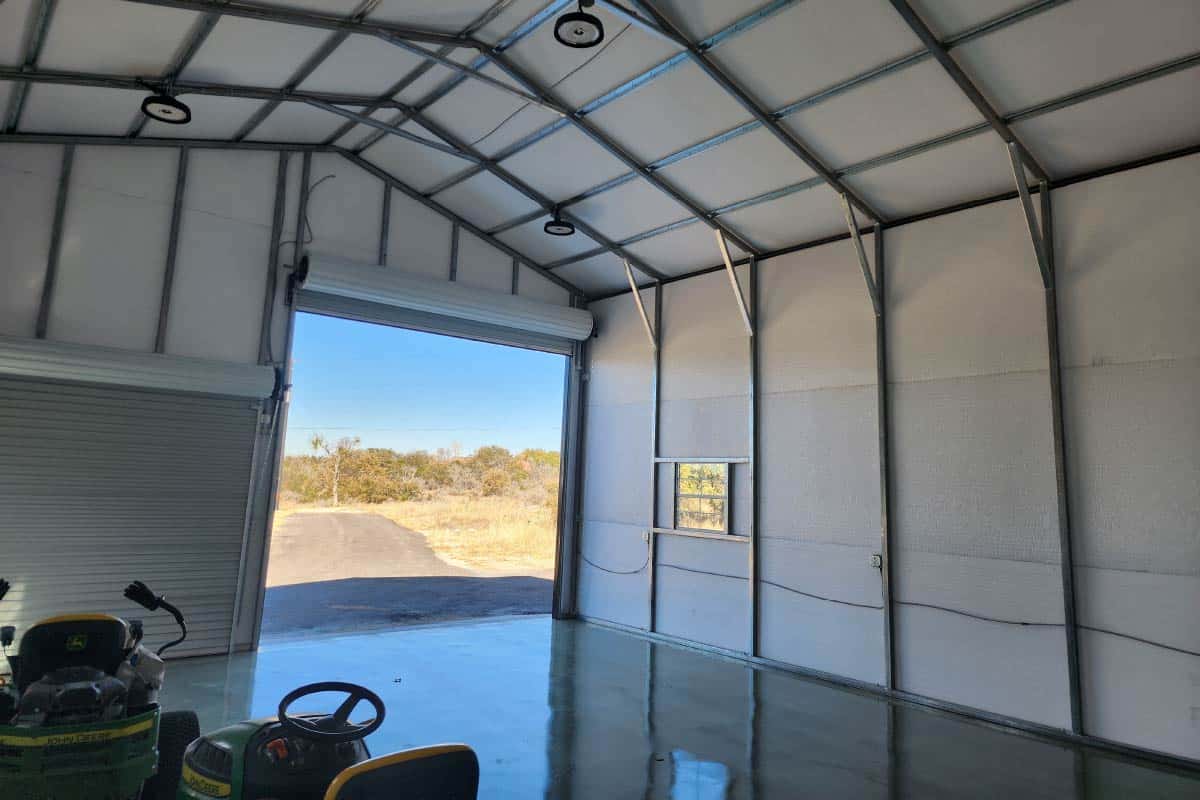

Articles
What Is The Best Insulation For A Metal Building
Modified: January 8, 2024
Discover the best insulation options for metal buildings with our in-depth articles. Find out what materials are most effective for insulating metal structures.
(Many of the links in this article redirect to a specific reviewed product. Your purchase of these products through affiliate links helps to generate commission for Storables.com, at no extra cost. Learn more)
Introduction
When it comes to insulation for a metal building, choosing the right option is crucial for maintaining a comfortable interior temperature and reducing energy costs. The proper insulation can also help prevent condensation, control sound transmission, and provide fire resistance.
However, with so many insulation materials available on the market, it can be overwhelming to determine which one is the best for your specific metal building. Factors such as cost, R-value, installation method, and environmental impact should all be taken into consideration.
In this article, we will explore the key factors to consider when choosing insulation for a metal building and discuss five popular options: fiberglass insulation, spray foam insulation, reflective insulation, mineral wool insulation, and polyurethane insulation.
By understanding the advantages and disadvantages of each type of insulation, you can make an informed decision that meets your needs and budget while maximizing energy efficiency and comfort in your metal building.
Key Takeaways:
- Choose the Right Insulation Wisely
Consider factors like R-value, cost, installation method, moisture resistance, fire resistance, and environmental impact. Each type of insulation has its pros and cons, so make an informed decision that suits your unique needs and budget. - No One-Size-Fits-All Solution
There’s no one best insulation for metal buildings. Fiberglass, spray foam, reflective, mineral wool, and polyurethane insulation all have their strengths and weaknesses. Evaluate your specific needs, budget, and location to determine the best fit.
Factors to Consider When Choosing Insulation for a Metal Building
Before delving into the specific types of insulation available, it is important to consider several factors that can influence your decision. These factors will help you determine the best insulation for your metal building:
- R-Value: The R-value measures the insulation’s thermal resistance. It indicates how well the insulation can resist heat flow. The higher the R-value, the better the insulation’s thermal performance. Consider the climate in which your metal building is located and the desired level of insulation to choose the appropriate R-value.
- Cost: The cost of insulation includes both the material cost and the installation cost. Take into account the initial investment as well as long-term energy savings to assess the overall cost-effectiveness of the insulation option.
- Installation Method: Some insulation types require professional installation, while others can be installed as a DIY project. Consider the complexity of the installation process and your confidence in carrying it out yourself.
- Moisture Resistance: Metal buildings are prone to condensation due to temperature differentials. Choose an insulation material that offers good moisture resistance to prevent mold and mildew growth.
- Fire Resistance: Metal buildings should comply with fire safety regulations. Select an insulation material that offers excellent fire resistance to enhance the overall safety of your metal building.
- Environmental Impact: Consider the environmental impact of the insulation material. Some materials are made from recycled content or are themselves recyclable, while others may have a higher carbon footprint.
By evaluating these factors, you can narrow down your options and make an informed decision that suits your unique requirements and preferences.
Fiberglass Insulation
Fiberglass insulation is one of the most common and widely used insulation materials in both residential and commercial buildings, including metal structures. It is composed of tiny glass fibers that are spun together to form a flexible and lightweight material.
One of the main advantages of fiberglass insulation is its affordability. It is relatively inexpensive compared to other insulation materials, making it a popular choice for budget-conscious individuals. Additionally, fiberglass insulation is easy to install, making it suitable for both DIY projects and professional installations.
When it comes to thermal insulation, fiberglass performs well. It has a high R-value, meaning it can effectively resist heat flow, keeping the interior of your metal building cool in the summer and warm in the winter. However, it is important to note that fiberglass insulation can lose some of its effectiveness over time if not properly installed or if it becomes compressed.
Another benefit of fiberglass insulation is its resistance to moisture. It does not absorb water, helping to prevent issues such as mold or rot. However, it is worth mentioning that if the insulation becomes wet, it can lose its thermal performance until it is dried out.
One potential drawback of fiberglass insulation is the potential release of small glass particles. These particles can be irritating to the skin, eyes, and respiratory system when exposed during installation or if the insulation becomes damaged. It is crucial to handle fiberglass insulation with proper protective gear and take precautions to avoid exposure.
Overall, fiberglass insulation is a cost-effective and widely available option for insulating a metal building. Consider its affordability, thermal performance, moisture resistance, and safety considerations when deciding if it is the right choice for your metal building insulation needs.
Spray Foam Insulation
Spray foam insulation is a versatile and effective choice for insulating a metal building. It is a two-component mixture that, when combined and sprayed onto the surface, expands and forms a durable and seamless insulation layer.
One of the major advantages of spray foam insulation is its superior insulation properties. It has a high R-value, providing excellent thermal resistance and energy efficiency. The foam expands to fill gaps, cracks, and voids, creating an airtight seal that prevents heat transfer and air infiltration. This can result in significant energy savings and improved comfort inside the metal building.
Furthermore, spray foam insulation offers exceptional moisture resistance. The foam’s closed-cell structure acts as a moisture barrier, preventing the buildup of condensation and the growth of mold and mildew. This can help maintain a healthy and hygienic environment within the metal building.
Another advantage of spray foam insulation is its ability to improve soundproofing. The foam’s dense and adhesive properties absorb and dampen sound waves, reducing noise transmission from both internal and external sources. This can be particularly beneficial in metal buildings used for workshops, offices, or recreational areas.
It’s important to note that professional installation is necessary for spray foam insulation. The two components need to be mixed and applied using specialized equipment. While this ensures the proper installation and optimal performance of the insulation, it also adds to the overall cost.
Additionally, spray foam insulation may require periodic maintenance or reapplication over time. Exposure to sunlight can cause the foam to degrade, so it may need to be covered or recoated with a protective layer.
In summary, spray foam insulation offers excellent thermal insulation, moisture resistance, and soundproofing capabilities for metal buildings. Consider its high R-value, airtight seal, and professional installation requirements when deciding if it is the right choice for your insulation needs.
Spray foam insulation is often considered the best option for metal buildings. It provides a seamless, airtight seal and high R-value, reducing energy costs and preventing condensation.
Reflective Insulation
Reflective insulation, also known as radiant barrier insulation, is a unique type of insulation that uses reflective materials to reduce heat transfer. It is particularly effective in metal buildings where heat gain from sunlight is a concern.
One of the key features of reflective insulation is its ability to reflect radiant heat rather than absorb it. It typically consists of a layer of aluminum foil or metallic coating that is applied to a substrate material such as foam or bubble wrap. This reflective surface reflects radiant heat away from the metal building, helping to keep the interior cool.
Reflective insulation works by creating an effective barrier against heat gain through radiation. When applied to the roof or walls of a metal building, it reflects the sun’s rays, preventing them from penetrating the structure and heating up the interior. This can help reduce cooling costs and create a more comfortable environment inside the building.
One of the advantages of reflective insulation is its ease of installation. It can be easily stapled or taped to the framework of the metal building, making it a suitable option for both DIY projects and professional installations.
Additionally, reflective insulation does not degrade over time, making it a durable and long-lasting solution. It is not affected by moisture or vermin, and it does not require any maintenance or reapplication.
However, it is important to note that reflective insulation alone may not provide sufficient insulation in colder climates or during the winter months. It primarily focuses on reflecting radiant heat, so it may need to be supplemented with other insulation materials to achieve optimal thermal performance.
Overall, reflective insulation offers an effective and affordable solution for reducing heat gain in metal buildings. Consider its ease of installation, durability, and capability to reflect radiant heat when determining if reflective insulation is the right choice for your metal building insulation needs.
Read more: How To Insulate A Metal Roof
Mineral Wool Insulation
Mineral wool insulation, also known as rock wool insulation or stone wool insulation, is a versatile and effective option for insulating metal buildings. It is made from natural minerals such as basalt, diabase, or slag, which are melted and spun into fibers.
One of the main advantages of mineral wool insulation is its excellent thermal and acoustic properties. It has a high R-value, providing efficient thermal insulation to help regulate the temperature inside the metal building. Additionally, mineral wool insulation offers excellent sound absorption, making it a suitable choice for reducing noise from both external sources and within the building.
Mineral wool insulation is also fire-resistant, making it a safe option for metal buildings. It is non-combustible and can withstand high temperatures without melting or giving off toxic fumes. This can greatly enhance the overall fire safety of the structure.
Another benefit of mineral wool insulation is its ability to resist moisture. It is hydrophobic, meaning it repels water and does not absorb moisture. This helps prevent the growth of mold, mildew, and rot within the insulation material and the metal building structure.
Furthermore, mineral wool insulation is easy to install. It is available in batts or rolls that can be cut to fit the desired spaces and placed between the metal framing. The flexible nature of mineral wool allows for a snug fit, minimizing air gaps and ensuring proper insulation coverage.
However, mineral wool insulation can be heavier and denser compared to other insulation materials, which may make installation more labor-intensive. It also tends to be more expensive than some other insulation options, although the long-term benefits may outweigh the initial cost.
In summary, mineral wool insulation offers excellent thermal and acoustic insulation properties, fire resistance, and moisture resistance. Consider its high R-value, sound absorption capabilities, and ease of installation when determining if mineral wool insulation is the right choice for your metal building insulation needs.
Polyurethane Insulation
Polyurethane insulation, also known as spray polyurethane foam (SPF) insulation, is a highly effective and versatile option for insulating metal buildings. It is created by combining two liquid components that react and expand to form a solid foam insulation.
One of the main advantages of polyurethane insulation is its exceptional thermal performance. It has a high R-value, meaning it provides superior insulation and helps maintain a comfortable temperature inside the metal building. The foam expands and fills gaps, cracks, and cavities, creating a seamless and airtight barrier that minimizes heat loss or gain.
Polyurethane insulation is also known for its excellent adhesion properties. It adheres tightly to the surfaces it is sprayed onto, creating a seamless and monolithic layer that helps prevent air infiltration and enhances the overall energy efficiency of the metal building. This can lead to substantial energy savings and a reduction in utility costs.
The foam’s closed-cell structure also provides exceptional moisture resistance. It acts as a vapor barrier, preventing the buildup of condensation and allowing for a dry and mold-free interior environment. Additionally, polyurethane insulation can help reduce noise transmission by dampening sound vibrations.
Another advantage of polyurethane insulation is its versatility in application. It can be sprayed onto the metal building’s walls, roof, and even into hard-to-reach areas or irregularly shaped spaces. This eliminates the need for additional materials or complex installation techniques.
However, professional installation is typically required for polyurethane insulation. The two liquid components need to be mixed and applied using specialized equipment. It is crucial to hire trained professionals to ensure proper installation and optimal performance.
Additionally, polyurethane insulation can be more expensive upfront compared to other insulation options. However, the long-term energy savings and benefits it provides often outweigh the initial investment.
In summary, polyurethane insulation offers excellent thermal performance, air sealing capabilities, moisture resistance, and sound reduction. Consider its high R-value, versatility in application, and the need for professional installation when assessing if polyurethane insulation is the right choice for your metal building insulation needs.
Conclusion
Choosing the right insulation for a metal building is essential for maintaining a comfortable and energy-efficient interior. With various options available, it’s important to consider factors such as R-value, cost, installation method, moisture resistance, fire resistance, and environmental impact.
Fiberglass insulation is a popular choice due to its affordability, ease of installation, and good thermal performance. However, it can lose effectiveness over time if not properly installed or compressed.
Spray foam insulation offers excellent insulation and moisture resistance, creating an airtight seal that can reduce energy costs. Professional installation is required, and it may need periodic maintenance.
Reflective insulation is effective in reducing heat gain from sunlight and is easy to install. However, it may not provide sufficient insulation in colder climates and may need supplementary materials.
Mineral wool insulation offers excellent thermal and acoustic properties, fire resistance, and moisture resistance. It is safe, easy to install, but can be heavier and more expensive than other options.
Polyurethane insulation provides exceptional thermal performance, air sealing capabilities, moisture resistance, and sound reduction. It requires professional installation but offers long-term energy savings.
In conclusion, there is no one-size-fits-all insulation solution for metal buildings. The best insulation option depends on your specific needs, budget, and location. Consider the factors discussed in this article, evaluate the advantages and disadvantages of each type, and consult with professionals to determine the best insulation choice for your metal building. This will not only provide optimal thermal comfort but also improve energy efficiency and save on long-term costs.
Frequently Asked Questions about What Is The Best Insulation For A Metal Building
Was this page helpful?
At Storables.com, we guarantee accurate and reliable information. Our content, validated by Expert Board Contributors, is crafted following stringent Editorial Policies. We're committed to providing you with well-researched, expert-backed insights for all your informational needs.
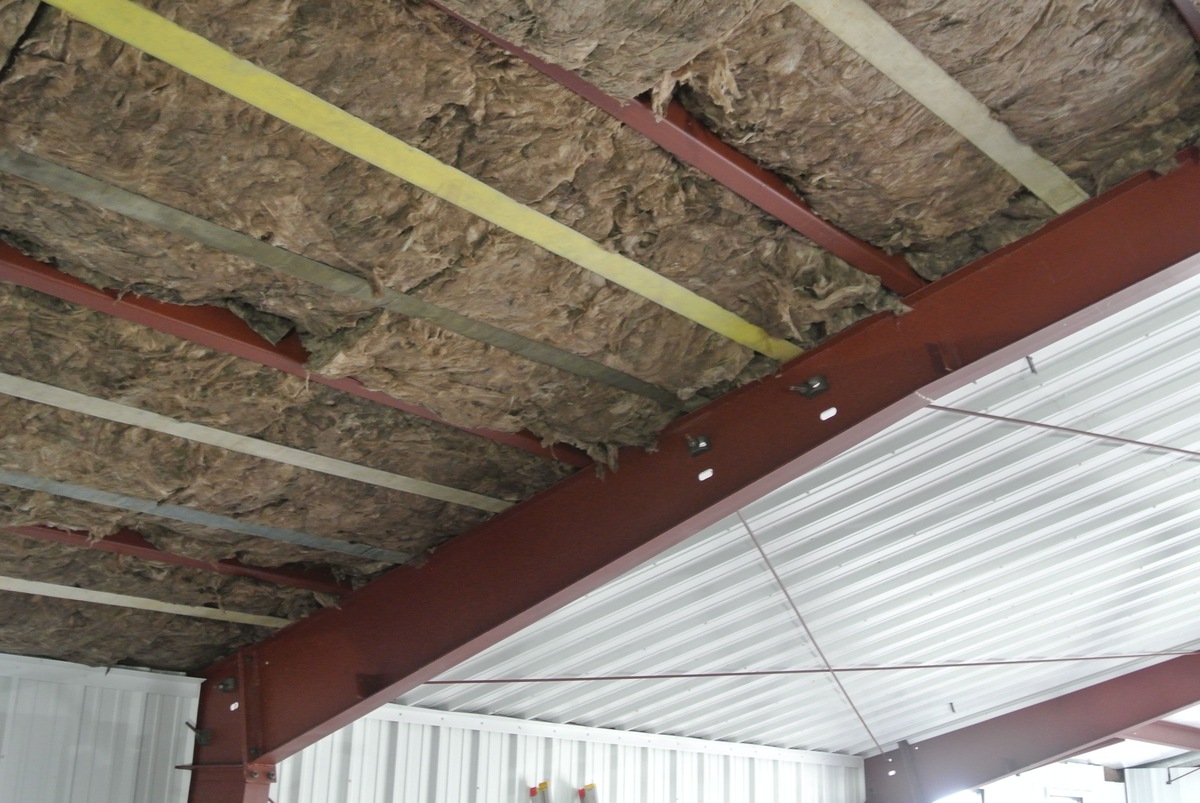
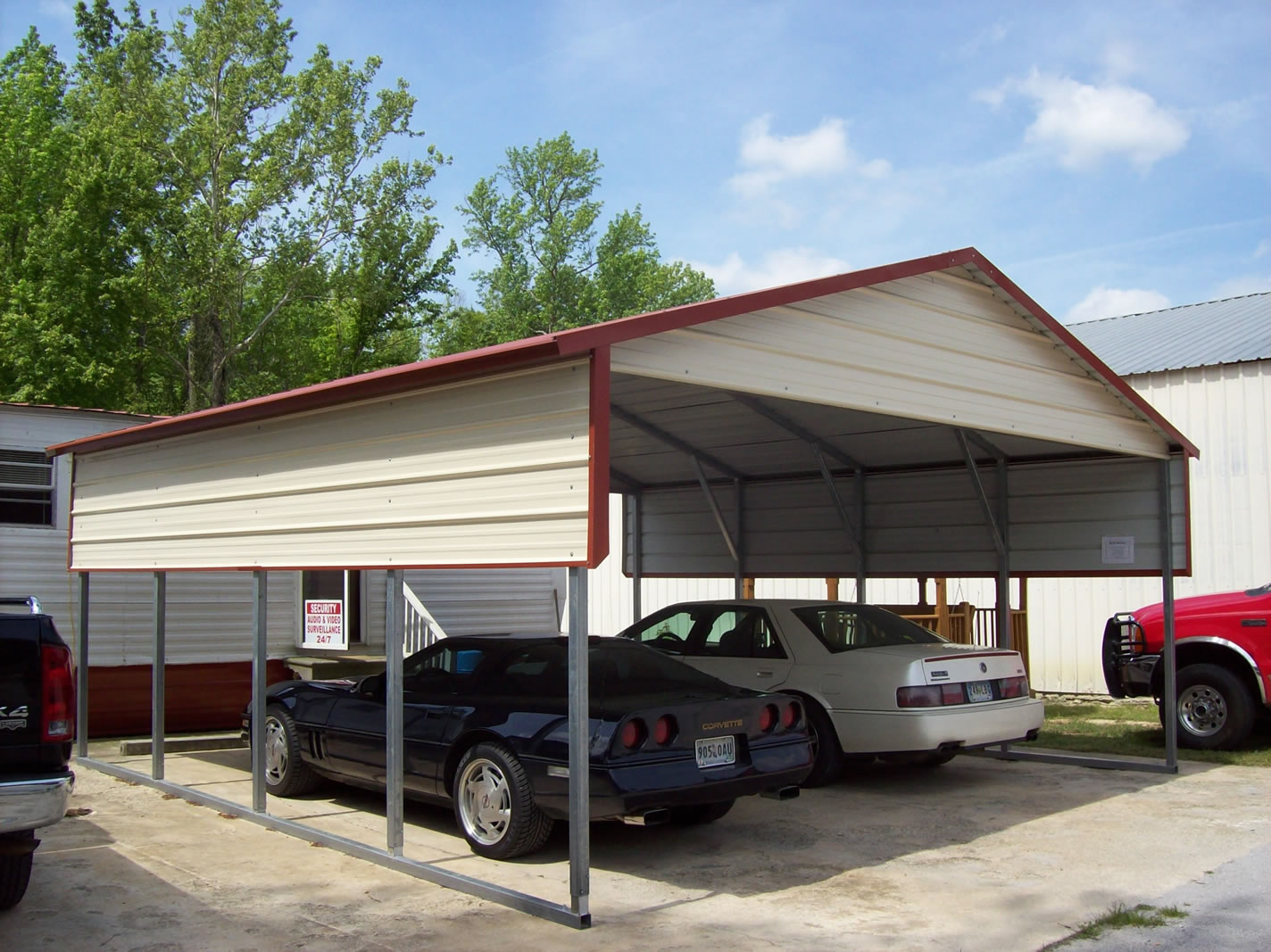
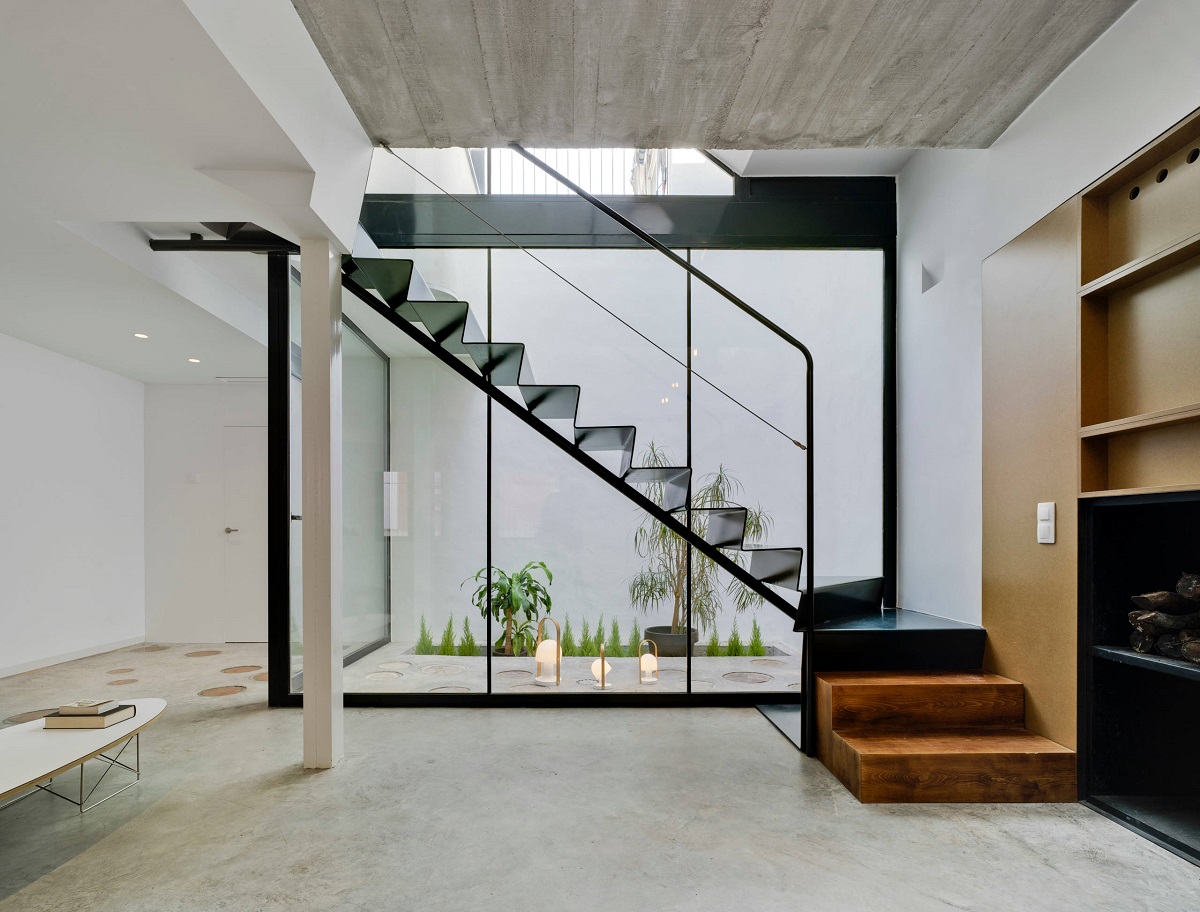
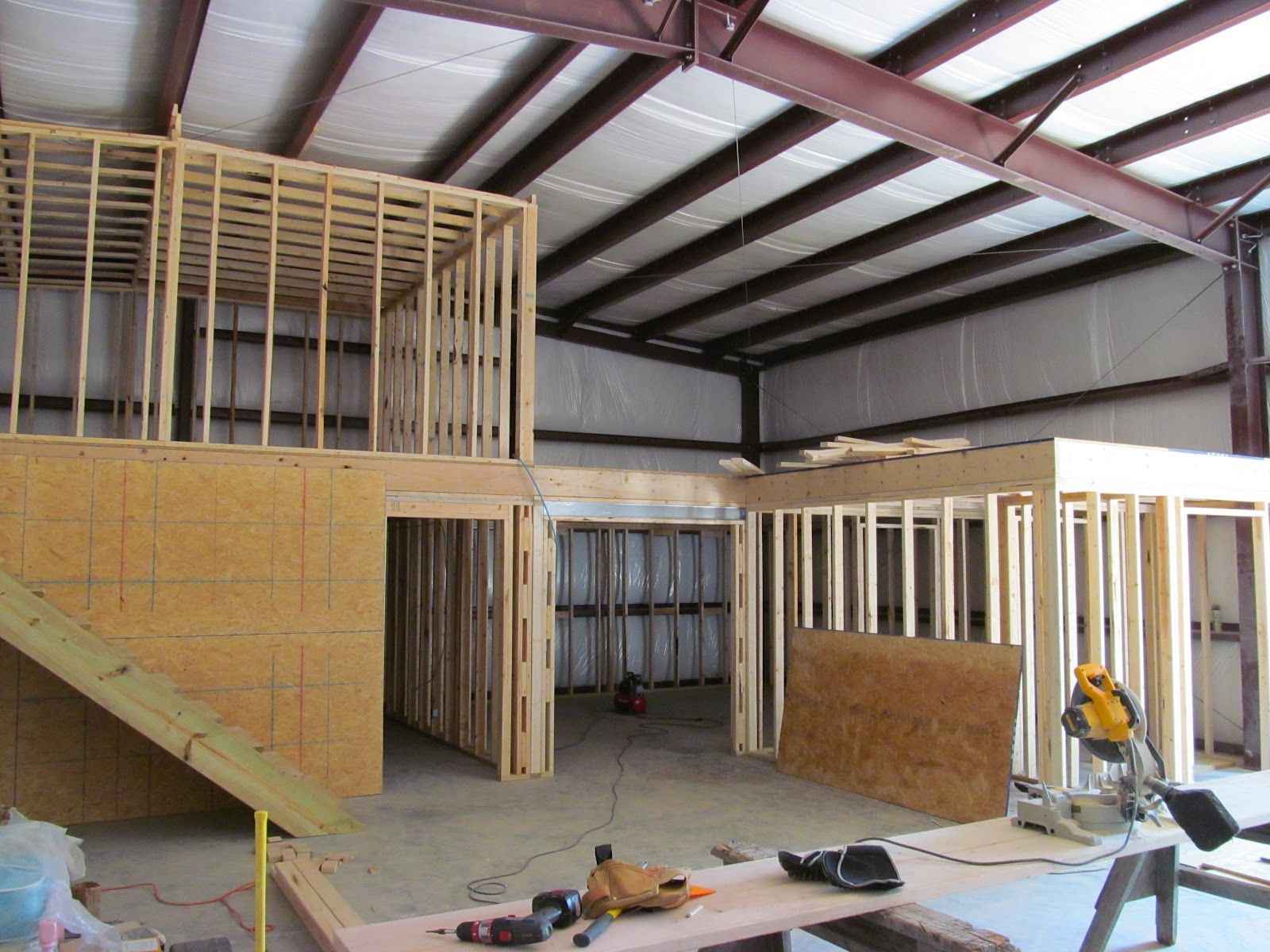
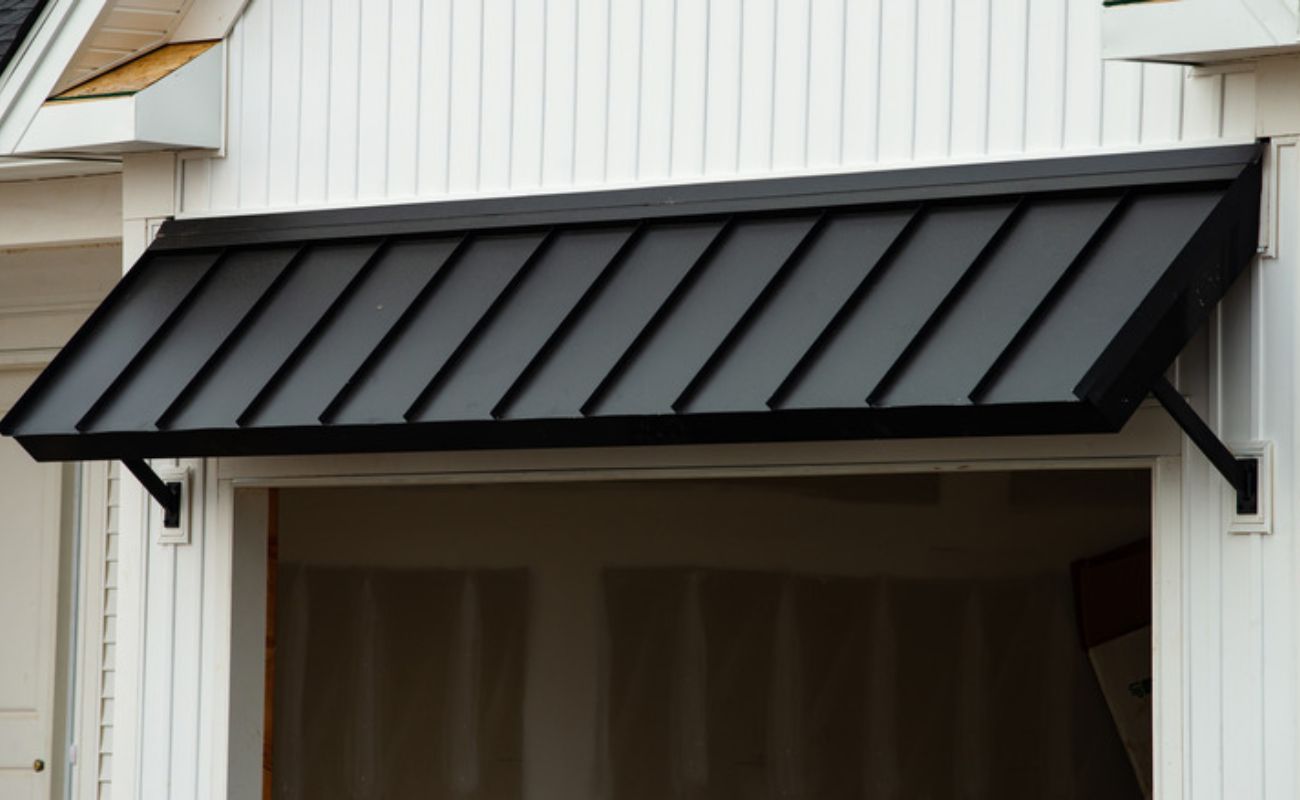
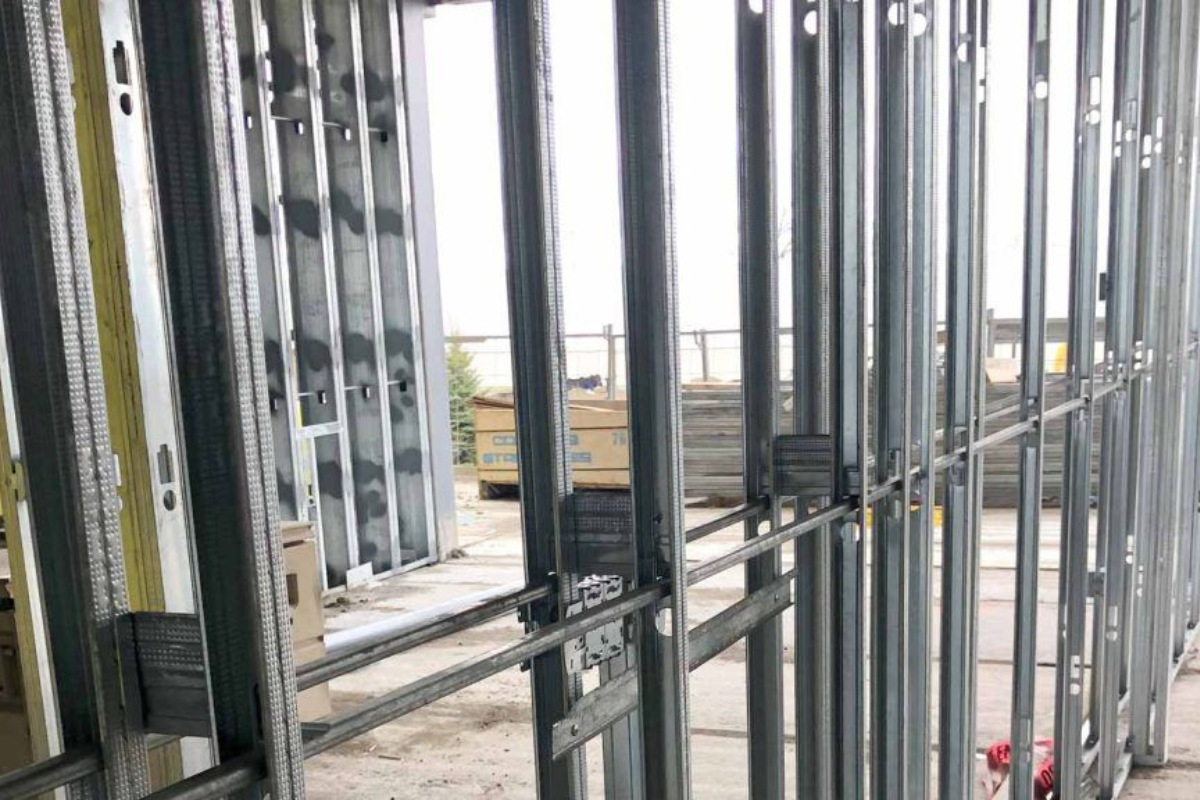
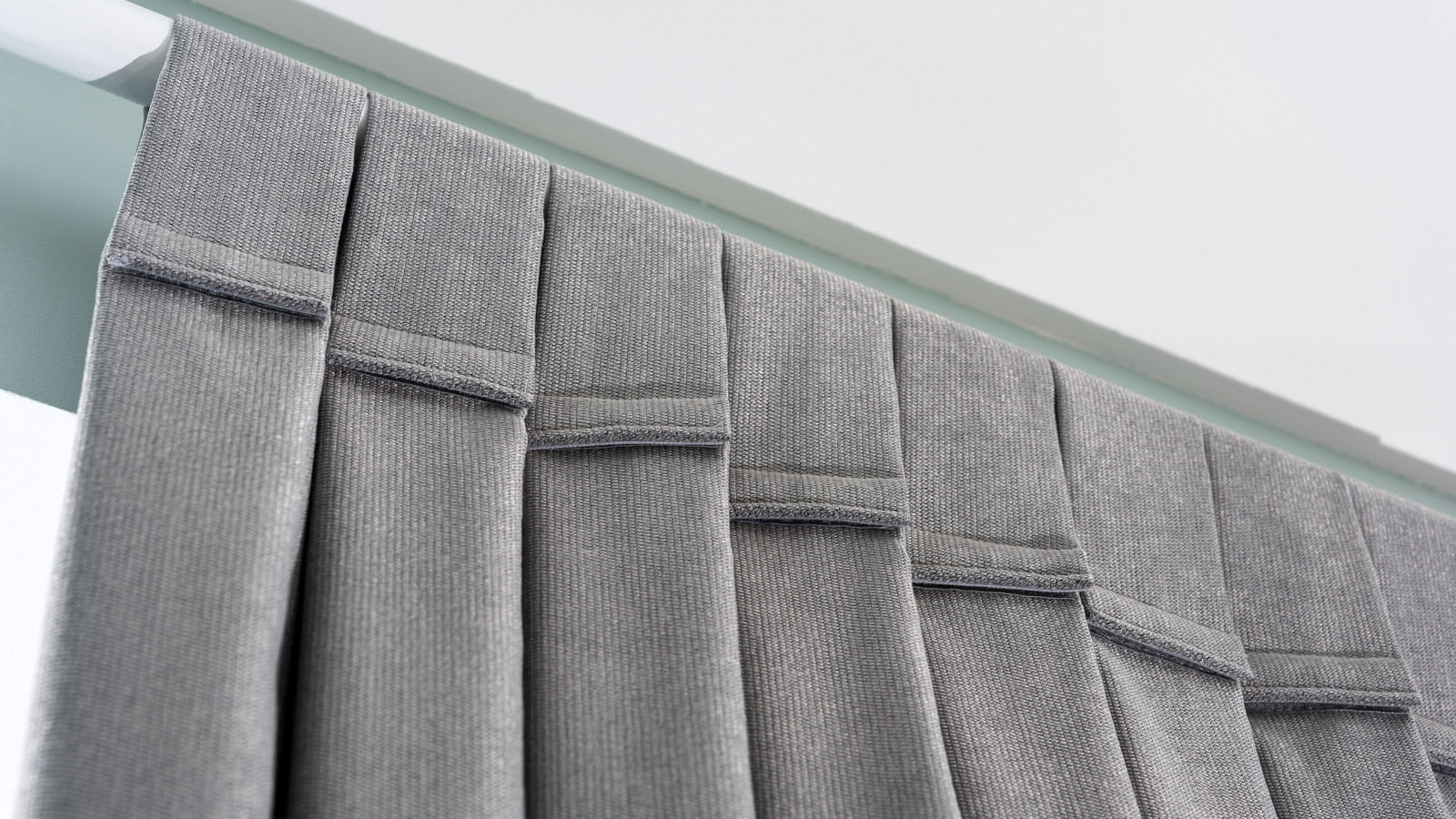
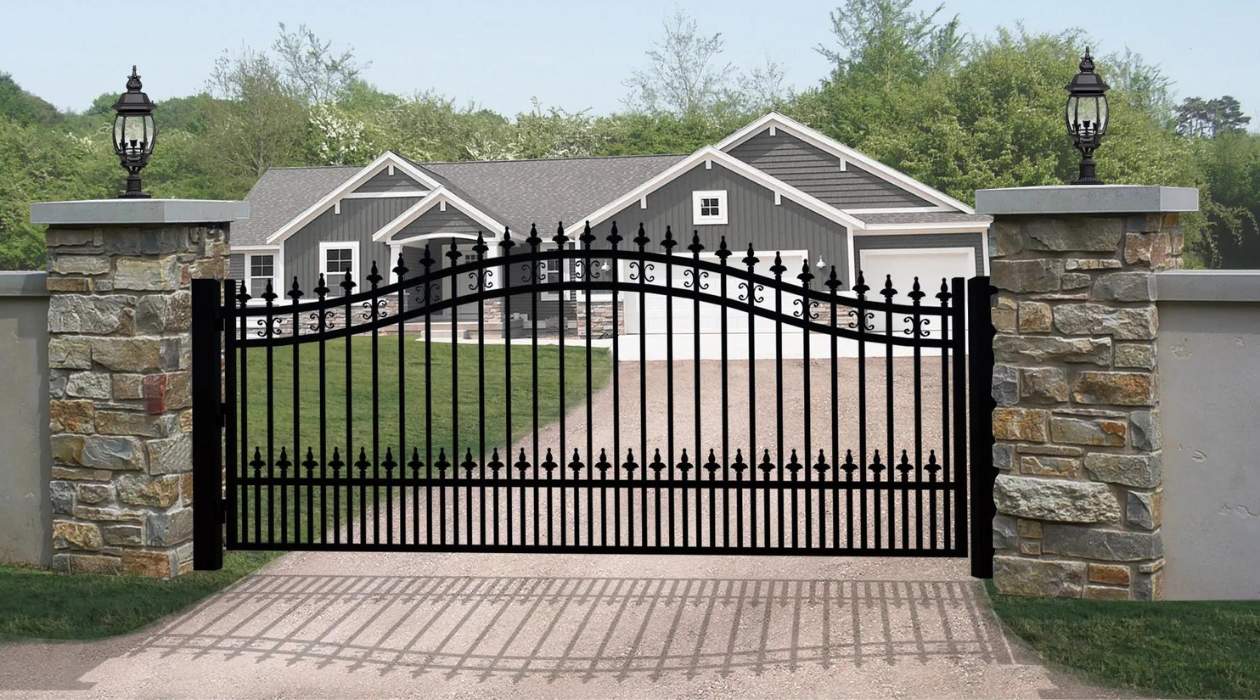
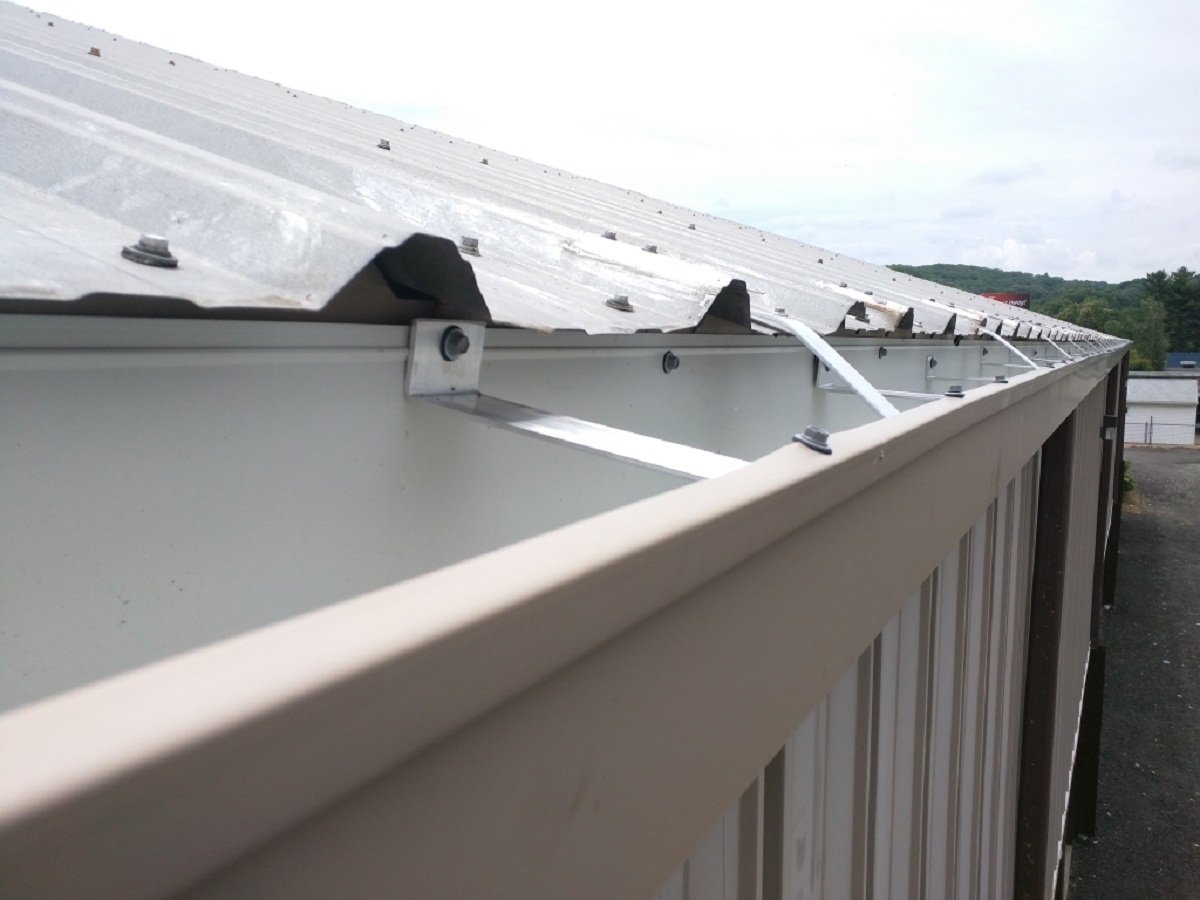
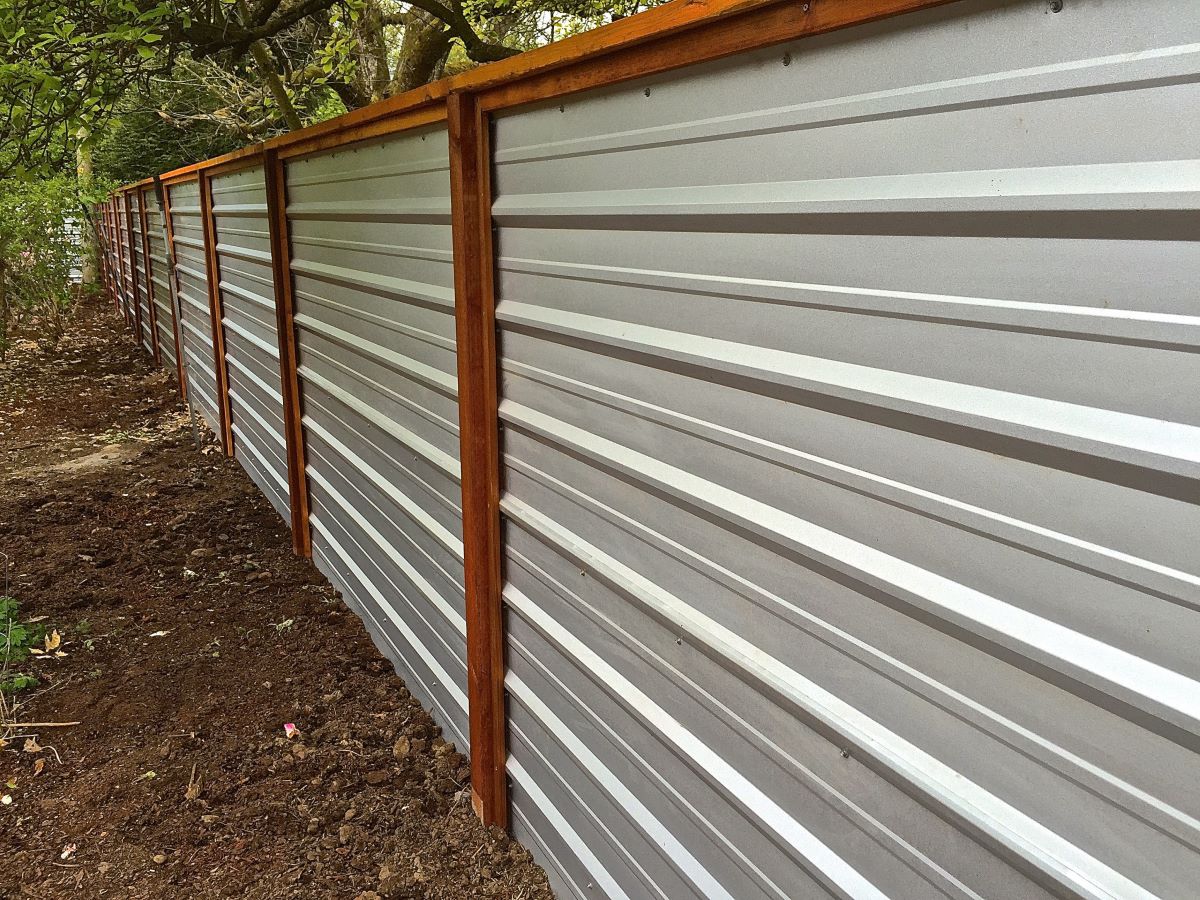
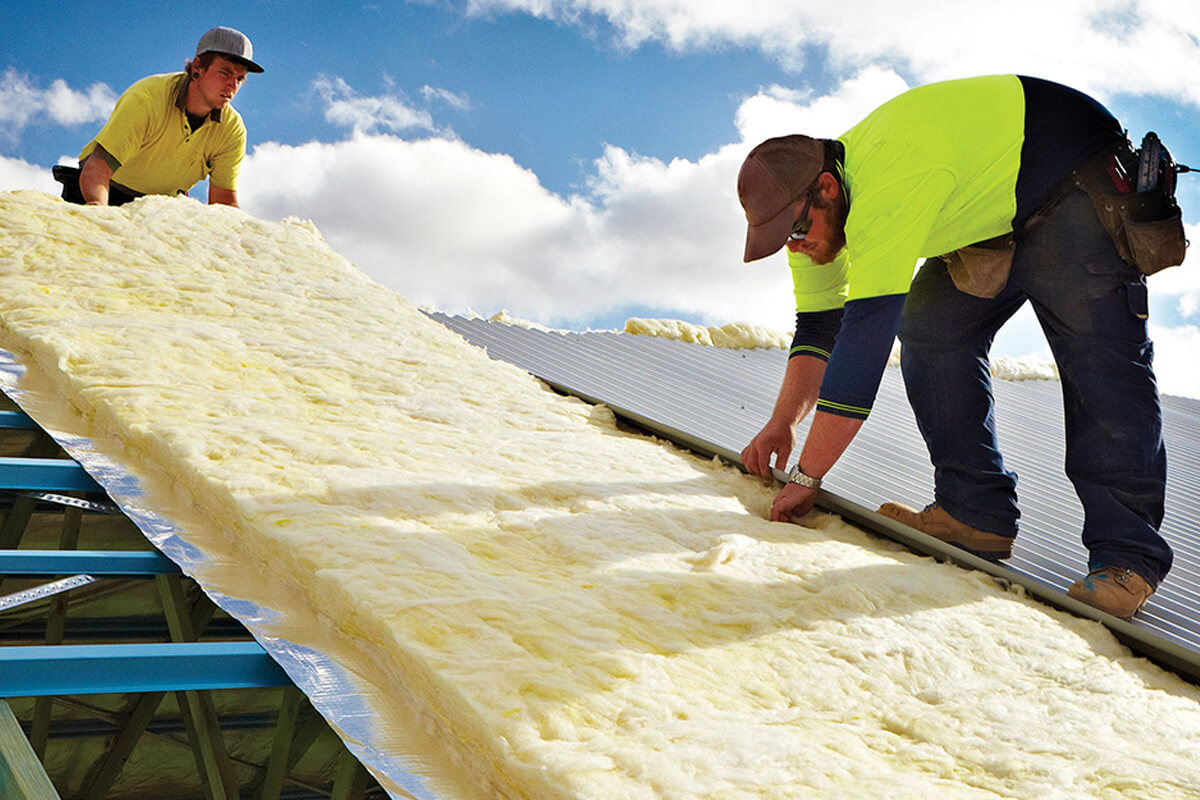
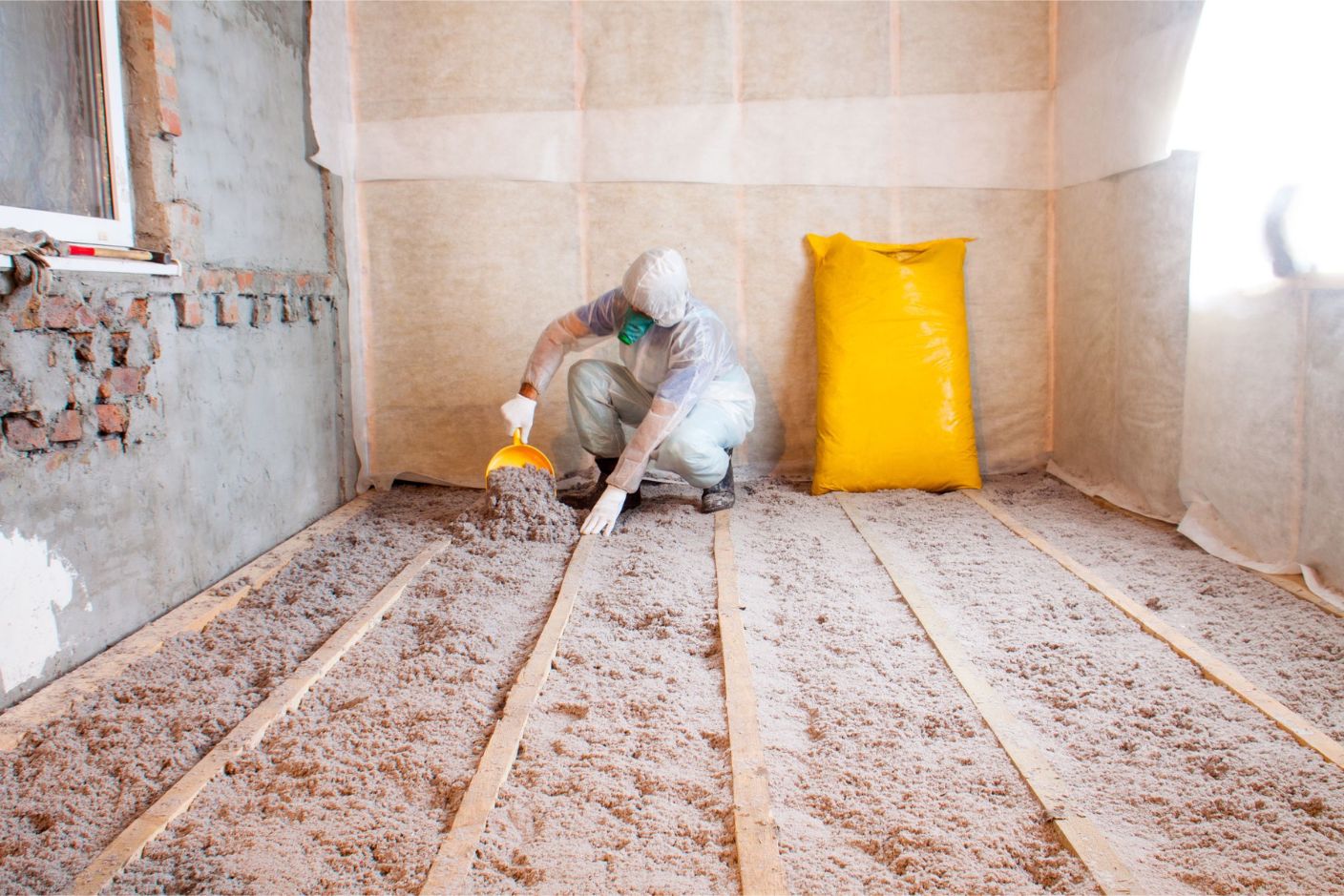
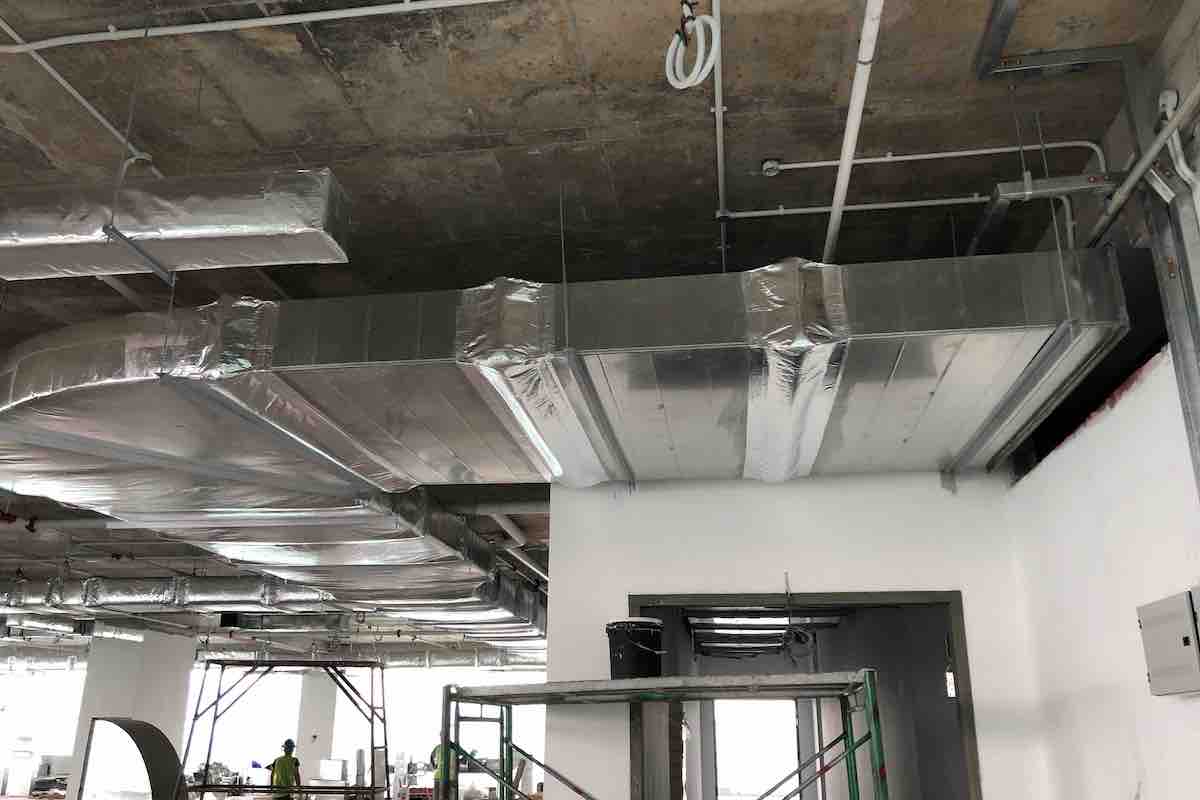
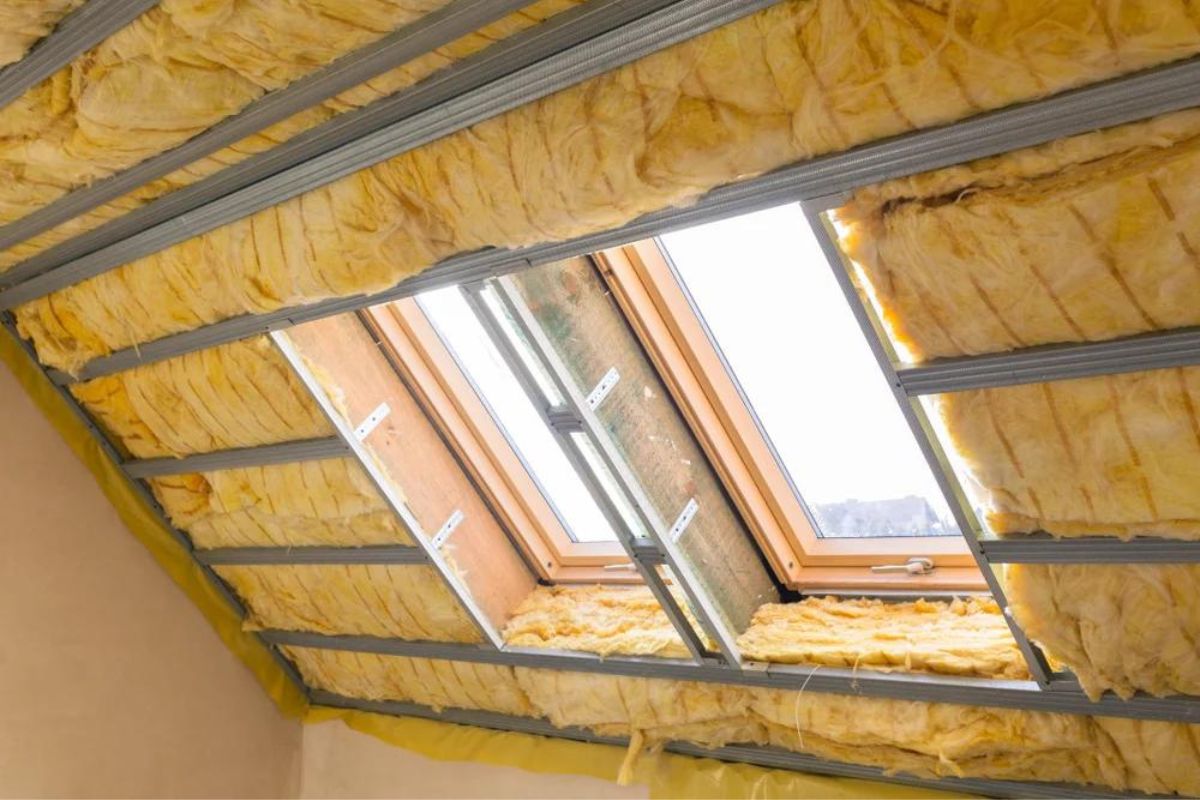

0 thoughts on “What Is The Best Insulation For A Metal Building”